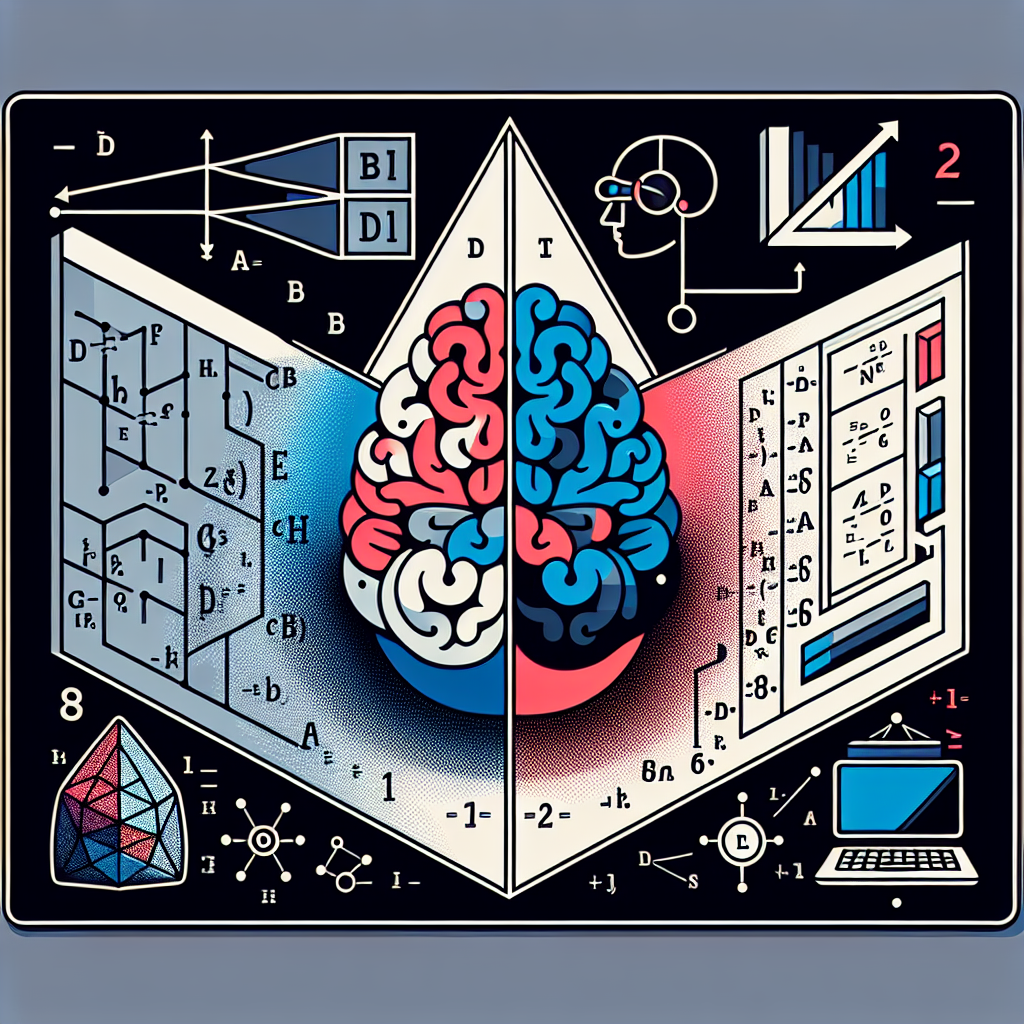Fix today. Protect forever.
Secure your devices with the #1 malware removal and protection software
Machine learning is a rapidly growing field that is revolutionizing the way we approach data analysis and decision-making. At its core, machine learning is a branch of artificial intelligence that focuses on developing algorithms and models that can learn from and make predictions or decisions based on data.
There are three key principles that underpin machine learning: data, algorithms, and evaluation. These principles work together to create a holistic view of how machine learning systems operate and can be applied to solve real-world problems.
The first principle, data, is the foundation of any machine learning system. Without high-quality and relevant data, machine learning algorithms cannot be effective. Data is used to train the algorithms, test their performance, and make predictions or decisions based on the patterns and relationships within the data. It is important to ensure that the data used in machine learning is accurate, reliable, and representative of the problem being addressed.
The second principle, algorithms, refers to the mathematical models and techniques that are used to analyze and make predictions from the data. There are many different types of machine learning algorithms, each with its own strengths and weaknesses. Some common types of algorithms include neural networks, decision trees, and support vector machines. Choosing the right algorithm for a given problem is crucial to the success of a machine learning system.
The third principle, evaluation, is essential for assessing the performance of a machine learning system. Evaluation involves testing the system on new data to measure its accuracy, reliability, and generalizability. This helps to ensure that the system is making accurate predictions or decisions and can be trusted to perform well in real-world scenarios. Evaluation also helps to identify areas for improvement and refinement in the machine learning system.
By considering these three key principles – data, algorithms, and evaluation – from a holistic perspective, we can develop a deeper understanding of how machine learning systems work and how they can be applied to solve complex problems. By leveraging these principles effectively, we can harness the power of machine learning to drive innovation, improve decision-making, and unlock new insights from data.
In conclusion, machine learning is a powerful tool that is transforming the way we interact with data and make decisions. By understanding and applying the key principles of data, algorithms, and evaluation, we can develop robust and effective machine learning systems that can address a wide range of real-world challenges. By taking a holistic view of machine learning from these three perspectives, we can unlock the full potential of this exciting field and drive progress in a wide range of industries and applications.
Fix today. Protect forever.
Secure your devices with the #1 malware removal and protection software
#Key #Principles #Machine #Learning #Holistic #View #Perspectives,principles of machine learning: the three perspectives

Leave a Reply
You must be logged in to post a comment.